Reaching out to survivors of violence in post-earthquake Nepal
Date:
Author: Mallika Aryal and Jennifer Ross
Rajani BK*, 26, was sitting in front of her house when her father came home early in the morning and started verbally abusing her mother, who was getting ready to go to work. “He was drunk, angry and started threatening to kill my mother,” says BK. She tried to intervene, and was dragged near a wall, and thought she was going to die. This was not the first time BK felt physically threatened by her father. She doesn’t remember a time when he was not abusive.
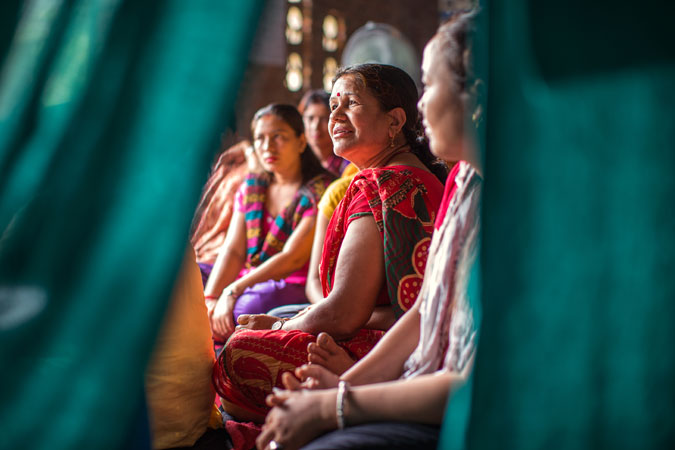
BK hasn’t been able to sleep properly since the 25 April 7.8-magnitude earthquake and 12 May 7.3-magnitude aftershock that devastated Nepal. Her house was destroyed, but she couldn’t even live in the temporary tent that was set up by her family because she feared her father would assault her. “If we had a house, I would know where to hide to stay away from my father, but in a tent, I didn’t feel secure enough,” says BK.
BK belongs to the marginalized Dalit community, which represents 13 per cent of Nepal’s total population of 28 million, according to Nepal’s 2011 census. Dalits are one of the poorest communities in the country, with 42 per cent under the poverty line, as opposed to 23 per cent of non-Dalits.
The 2014 Report of the UN Secretary-General on gender equality in natural disasters underlines the likelihood of rape and sexual violence rising during natural disasters.
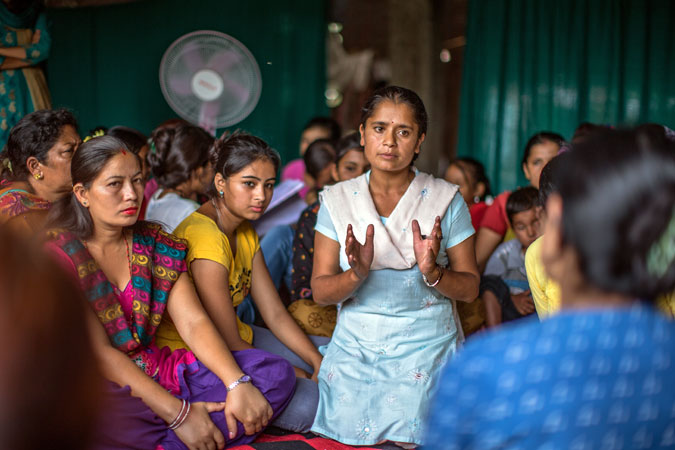
Prema Poudel is in charge of the Kabhre multipurpose women’s centre set up by the Women’s Rehabilitation Centre, with support from UN Women and in coordination with Nepal Government’s Women and Children Office in Kabhre as part of humanitarian response to the recent disasters. The multipurpose women’s centre provides dignity kits, solar lamps, trauma counselling, information, referrals, carries out women’s safety audits and facilitates early recovery and livelihood activities. Ms. Poudel says there has been a dramatic increase in the amount of sexual and domestic violence against women survivors since the earthquake.
“Most women are living in tents where it is not safe, and women are the easy targets,” says Ms. Poudel. There are no official numbers available yet but social mobilizers and first responders also confirmed this rise in numbers.
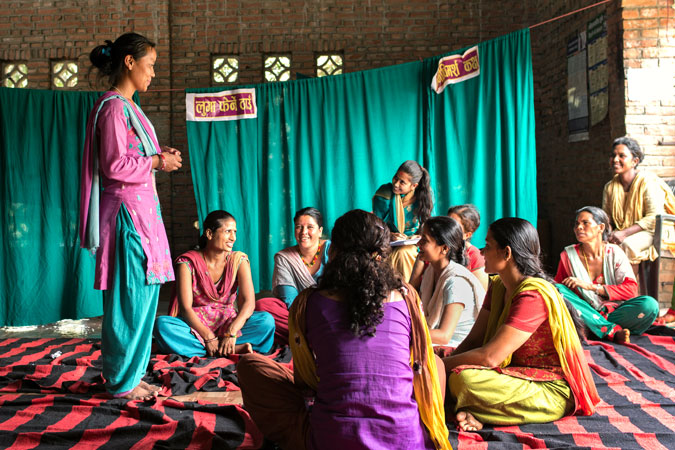
Ashmita Tamang, district psychosocial counsellor with Nepal-based Centre for Victims of Torture reiterates that the number of domestic and sexual violence cases she has dealt with have increased. Social mobilizers in the multipurpose women’s centre have been spreading the word about the centre in their visits and they have also sought help from local newspapers to inform women about services offered. “Many women come to us out of curiosity and also to collect dignity kits, but we make it a point to talk to them to understand the big picture,” says Ms. Tamang.
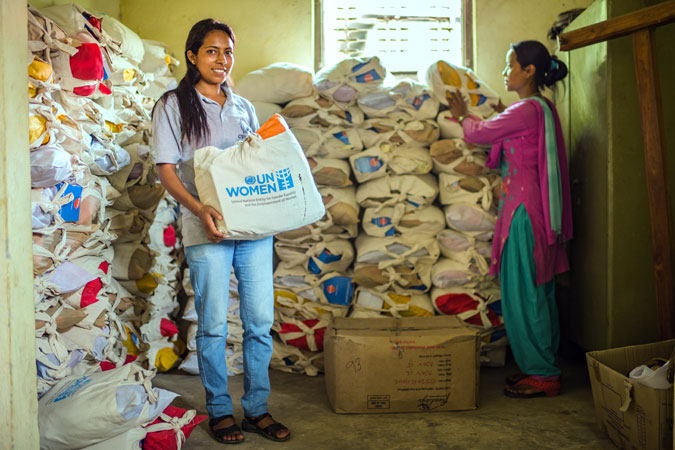
After years of abuse, last month BK couldn’t take it anymore and she ran away to the centre in Kabhre, some 50 kilometres east of the capital Kathmandu.
There Srijana Pyakurel, psychosocial first aid worker and her team mobilized other women leaders of the community, brought BK to a safe house run by the Women and Children’s Office and filed a police complaint at a local station to bring BK’s father to prison.
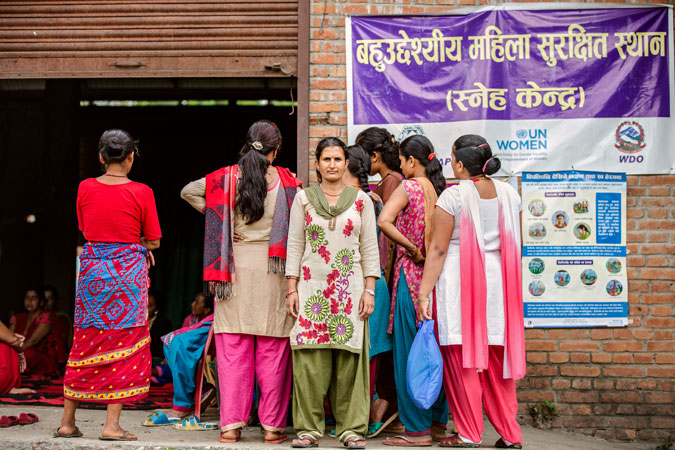
According to Ms. Pyakurel, BK was experiencing double trauma: the feeling of helplessness and homelessness since the earthquake and having been abused by her father almost all of her life.
Now calm in the safe house, BK says that what has helped her most is the care of the professionals trained in psychosocial aid with whom she can talk to about her trauma.
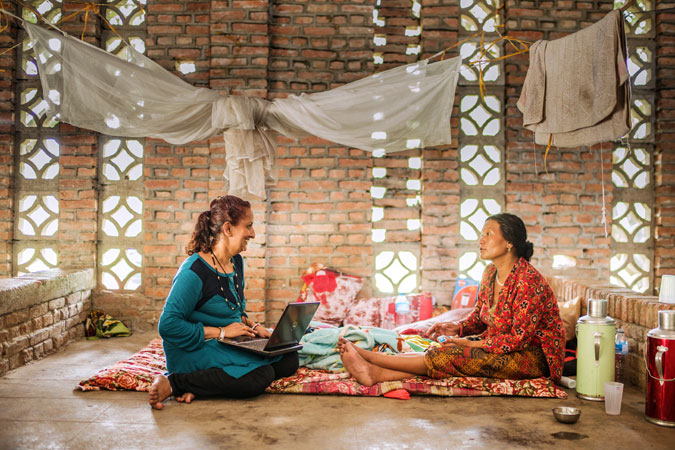
Even though she continues to receive threats from her father’s friends in the community, BK has found her voice and strength. She wants to go back to her village and help other women in her community. “I never finished school, I want to figure out a way to go back home and help women who are in my position, tell them that they’re not alone and that help is there if they need it.”